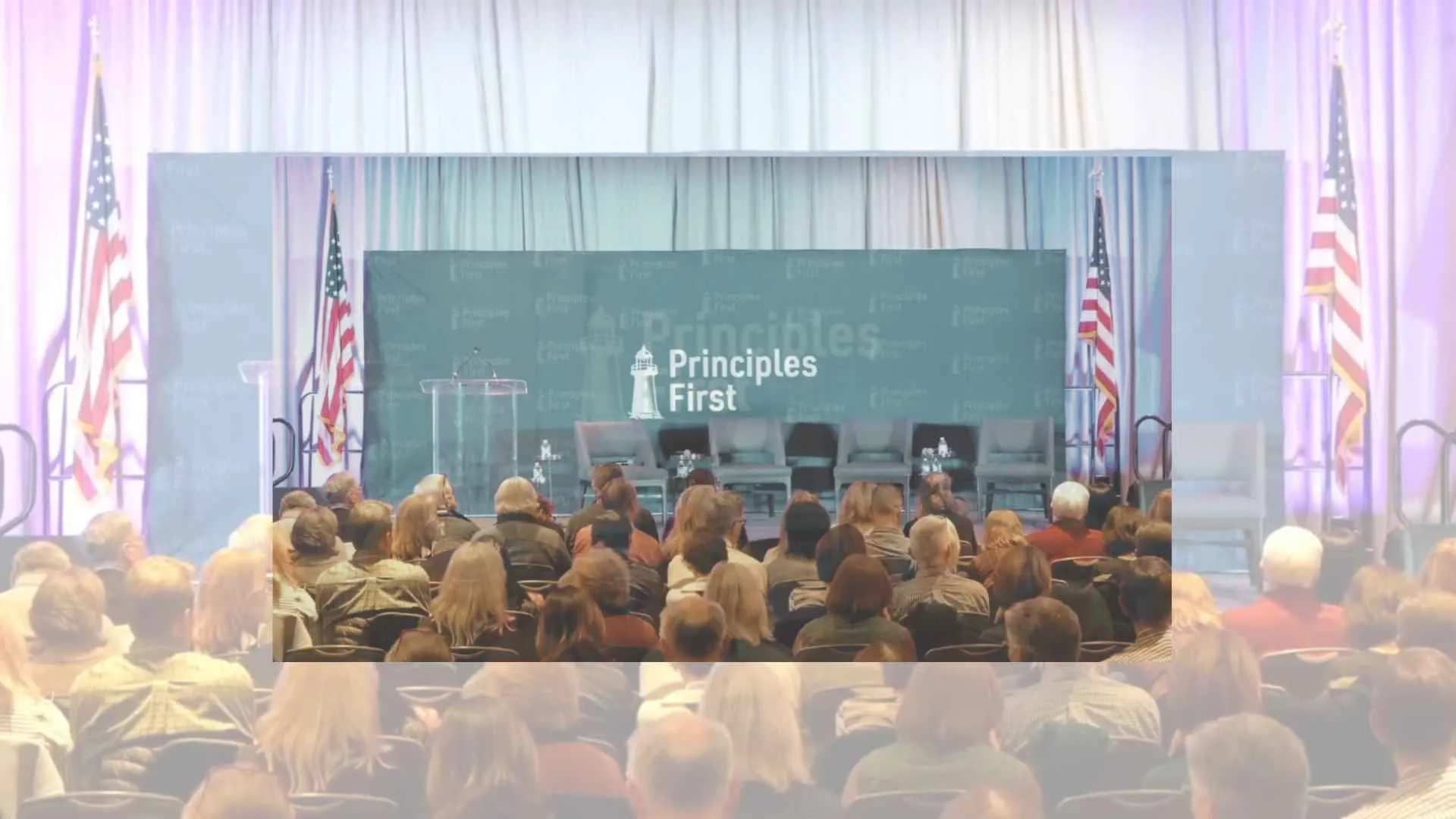Sri Lankans on Thursday began casting their ballots in a snap parliamentary election widely considered to be a chance for the new President Anura Kumara Dissanayake to secure an imperative mandate for his pro-poor policies. Dissanayake, known for his left and welfare-friendly agenda, would seek to attain parliamentary support to push through reforms that include expansion of welfare programs and renegotiation of terms under the IMF bailout.
Dissanayake, who assumed the presidency in September by bagging almost 43% of votes, will have to contend with the Samagi Jana Balawegaya party of Sajith Premadasa that is talking about a state interventionist and market-oriented policy. A financial crisis that has recently gripped the country has left it to deal with high living costs particularly for the poor classes. Economic recovery appears slow and fragile when Sri Lanka secured bailout support valued at $2.9 billion from the IMF.
Get Parliamentary Backing for Reforms
Given Sri Lanka’s proportion representation system in a 225-member parliament, it is hard for any single party to gain an absolute majority, meaning Dissanayake must win over half the votes to become a majority for his policies. As an “outsider” to Colombo’s political elite, which has traditionally been run by influential families, he has used his party as an advocate for anti-poverty measures and anti-corruption.
A Push to Reframe the IMF Bailout
Renegotiating some parts of the IMF bailout package is the top priority for Ratnatunga, where his administration will be able to reduce income taxes and increase social welfare. The government is already under pressure to stick to the IMF’s target of a 2.3% primary budget surplus, but there could be concerns that Dissanayake’s method may also delay future installments.
“In past elections, people did not have confidence in us but in September people gave us victory and proved that we are a winning party and we can form a government. The next task is to unite people from the four corners of this country and build a powerful people’s movement,” Dissanayake said during a campaign rally on Sunday.
New Political Dawn for Sri Lanka?
Voters, including 32-year-old Umeshi Perera of Colombo, voiced cautious optimism: “I think we are seeing the first signs of a positive political change in Sri Lanka after the president was elected and we should give him a chance to continue that change.”
Dissanayake’s National People’s Power (NPP), founded in 2019, has a number of political newcomers among its slate. Thursday will decide 196 of the country’s 225 parliamentary seats, and 29 “national list” seats will be allocated according to party vote share. Some 8,848 candidates are vying for votes, and the election results are expected tomorrow.

















